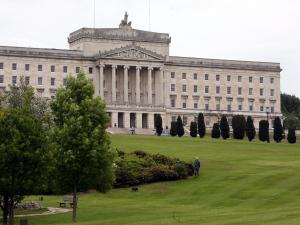
By Rebecca Black, Press Association and Q Radio News
The first week of a fresh round of talks to restore power-sharing government in Northern Ireland has been described as "constructive".
However, all sides involved have warned there are challenges ahead in the quest to reaching an agreement to resurrect the devolved institutions after two years of stalemate.
Northern Ireland's political leaders met with Secretary of State Karen Bradley and Ireland's deputy premier Simon Coveney at Stormont House.
They also met the heads of the main churches, who urged "courageous and compassionate leadership" and offered their support.
The chair of the 1998 Belfast Agreement talks process George Mitchell also visited during the process on Tuesday.
Ms Bradley described the afternoon as positive, but warned the task is not simple or easy.
"I don't want to leave any of you with any illusions that this is simple or easy, there are very big challenges ahead, we continue to work hard and today has been a constructive and positive day," she said.
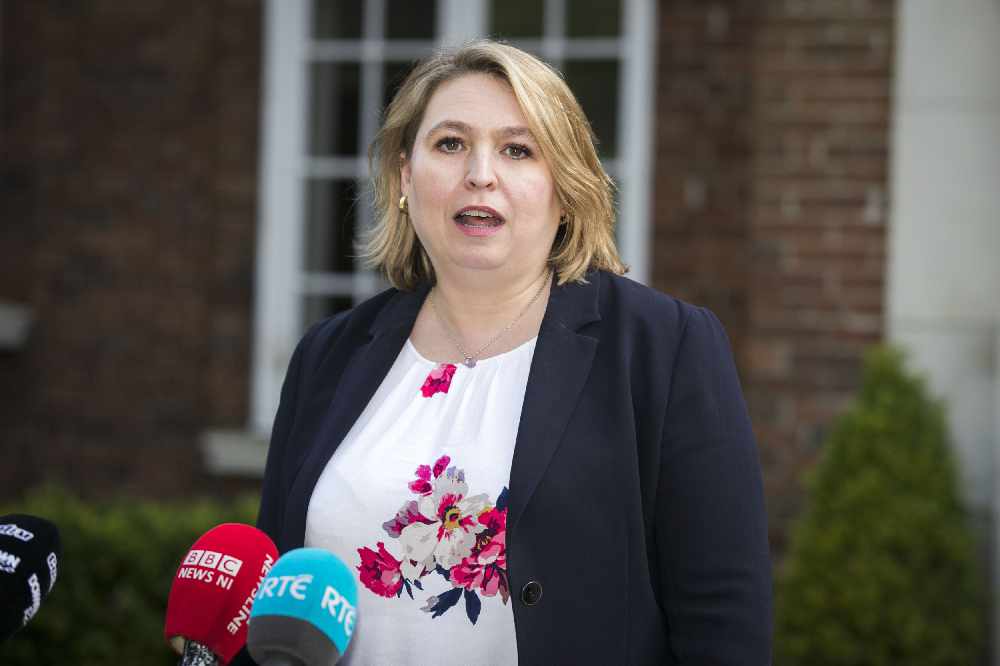
Mr Coveney said "heavy lifting" remains to be done.
"It's been a positive afternoon but there is still a lot of work to do, let's be realistic, this process is only a week old and we have heavy lifting to do in the weeks ahead, but I do think there is an appetite among the party leaders and their teams to try and make this work, and that is the important thing," he said.
"The issues that we have to resolve are not insurmountable if there is a willingness to work together, to show a little bit of generosity and be willing to compromise on some issues, and I think that willingness is there and certainly the capacity to get it done is going to be tested in the weeks ahead, because the governments will insist on that."
Mr Coveney told Q Radio political leaders here want to make the process work, but admits there's work to be done...
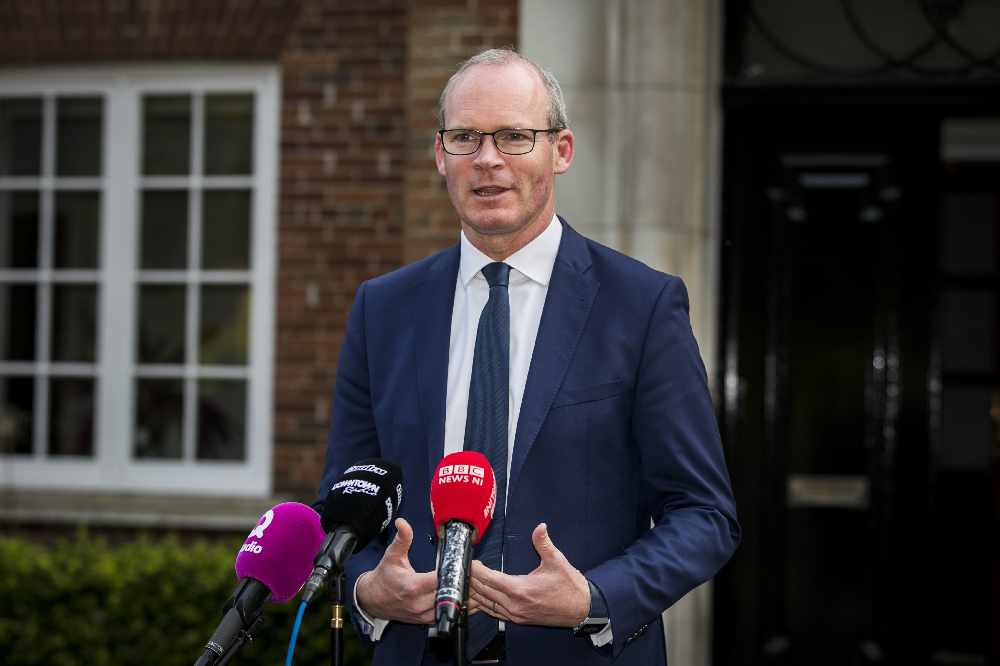
DUP leader Arlene Foster reiterated her party's desire to see the Assembly restored swiftly.
"We again have heard the frustration of the community, they want to see the Assembly back immediately, as do we," she said.
"We believe the way to do that is to have a parallel process and to get the Assembly up and running immediately.
"We feel that would be a courageous thing to do, that would be a compassionate thing to do and that would be the right thing to do.
"We believe we should have this Assembly up and running as quickly as we possibly can.
"It will take courage and compassion and compromise from all the sides and not just one side."
Sinn Fein vice president Michelle O'Neill said agreement can be reached with "positive political will".
"These talks have the potential to restore the power-sharing institutions and that is the best way to ensure that the next generation benefits from the full potential of the Good Friday Agreement and the peace process," she said.
"We all know what the outstanding issues are. We believe they can and must be resolved, so Sinn Fein will continue to engage in these talks with positivity and a determination to do the business.
"None of the issues are insurmountable or unresolvable. Agreement can be reached and the institutions restored with the positive political will and support of all parties and both governments.
"The way forward is through implementation of agreements already made, safeguarding rights enjoyed by citizens in the rest of Ireland and in Britain, and delivering good governance."
Earlier, Ulster Unionist leader Robin Swann welcomed the attendance of the church leaders.
"There was a clear message sent to politicians in the local government elections, that Northern Ireland society as a whole wants the politicians to move on, so I think the message coming today from the church leaders and their support in this round of talks is very welcome," he said.
"It's something we should take on board, and also their help and guidance at this time."
SDLP leader Colum Eastwood claimed the impasse could be solved very quickly.
"This could all be solved in the morning if people wanted to," he said.
"We have already proposed that we suspend the petition of concern, allow for Stormont to be up and running the very next day and for issues like marriage equality to go through the Assembly. That could be done.
"We could then properly reform the petition of concern for the next Assembly term. That's how we get things up and running.
"We have made that offer, we reiterate it again today and we hope that people take it seriously."
The last DUP/Sinn Fein-led powersharing coalition imploded in January 2017 when the late Martin McGuinness quit as Sinn Fein deputy first minister amid a row about a botched green energy scheme.
The fallout over the renewable heat incentive (RHI) was soon overtaken by disputes over the Irish language, the region's ban on same-sex marriage and the toxic legacy of the Troubles.


 Mother and two children murdered in Maguiresbridge to be buried together By Jonathan McCambridge and Rebecca Black, PA
Mother and two children murdered in Maguiresbridge to be buried together By Jonathan McCambridge and Rebecca Black, PA
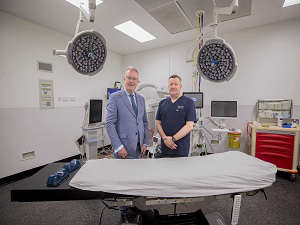 Surgeon tasked with tackling waiting lists says they are a ‘national shame’
Surgeon tasked with tackling waiting lists says they are a ‘national shame’
 First Minister disappointed to not attend Belfast Pride this year
First Minister disappointed to not attend Belfast Pride this year
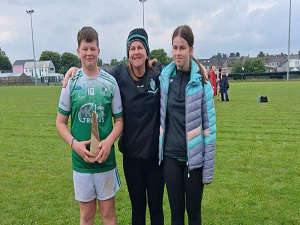 Crowds expected at vigil for mother and children killed in Co Fermanagh shooting
Crowds expected at vigil for mother and children killed in Co Fermanagh shooting